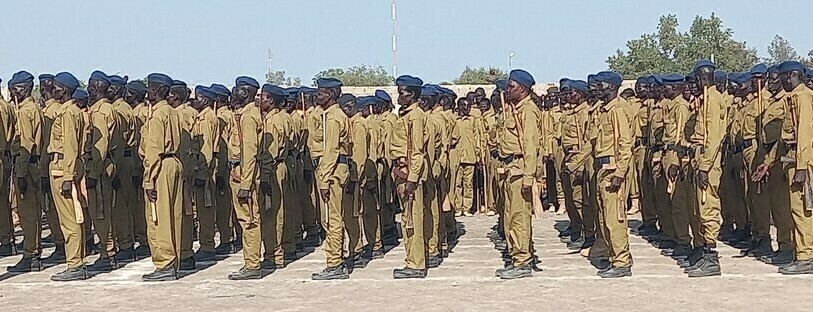The Ceasefire Transitional Security Arrangements Monitoring and Verification Mechanism (CTSAMVM) has expressed concern over the persistent delays in the unification of the Necessary Unified Forces (NUF), saying it has registered a lack of progress.
Speaking during the 40th CTSAMVM board meeting on Tuesday in Juba, the Mechanism’s chairperson, Maj. Gen. Hailu Gonfa Eddosa stressed that if elections are to take place as planned, then the parties to the agreement must consider speeding up the process of the formation of the NUF.
According to Gen. Gonfa, the formation of the unified forces is a vital prerequisite for the upcoming elections. He revealed that so far only about 6 percent of the planned 83,000-strong NUF has been deployed and warned that time is running out.
“If elections go ahead as planned, only about 9 months is remaining to deploy sufficient numbers of NUF to provide credible security during the election period. Urgent action is required,” he stated. “In other words, over three-quarters of army graduates did not respond to the order to return to training centers for deployment in November 2023.”
“CTSAMVM is concerned that if this pattern is repeated, many of those Phase 1 graduates from the other security services who have yet to deploy will also prove unavailable,” Gen. Gonfa warned.
He said that there is also a concern that many Phase 1 personnel currently assigned to cantonment sites will not respond to orders to start training. The Mechanism’s chairperson further cautioned that this could result in the final numbers of Necessary Unified Forces being far less than planned.
Gonfa however said that the Mechanism is pleased that those forces deployed were sent to sensitive areas such as Tonga, in Upper Nile State.
“It is encouraging that some of the NUF have been sent to sensitive areas such as Tonga, but it must also be remembered that many are unarmed, and they remain deployed under SSPDF rather than a unified command,” he said.
The Mechanism also said they are apprehensive that up to now there is no clear indication when Phase Two of the training and deployment will start.
“CTSAMVM is aware that a team from the JDB has been visiting some cantonment sites and training centers, but there are no indications when Phase Two training and deployment might start,” he said. “Cantonment sites and training center commanders continue to report a lack of any information about what will happen next.”
“On a positive note, CTSAMVM has evidence that at least some of those members of the NUF from the SPLM/A-IO and SSOA who have been deployed are now receiving their salaries,” he concluded.




